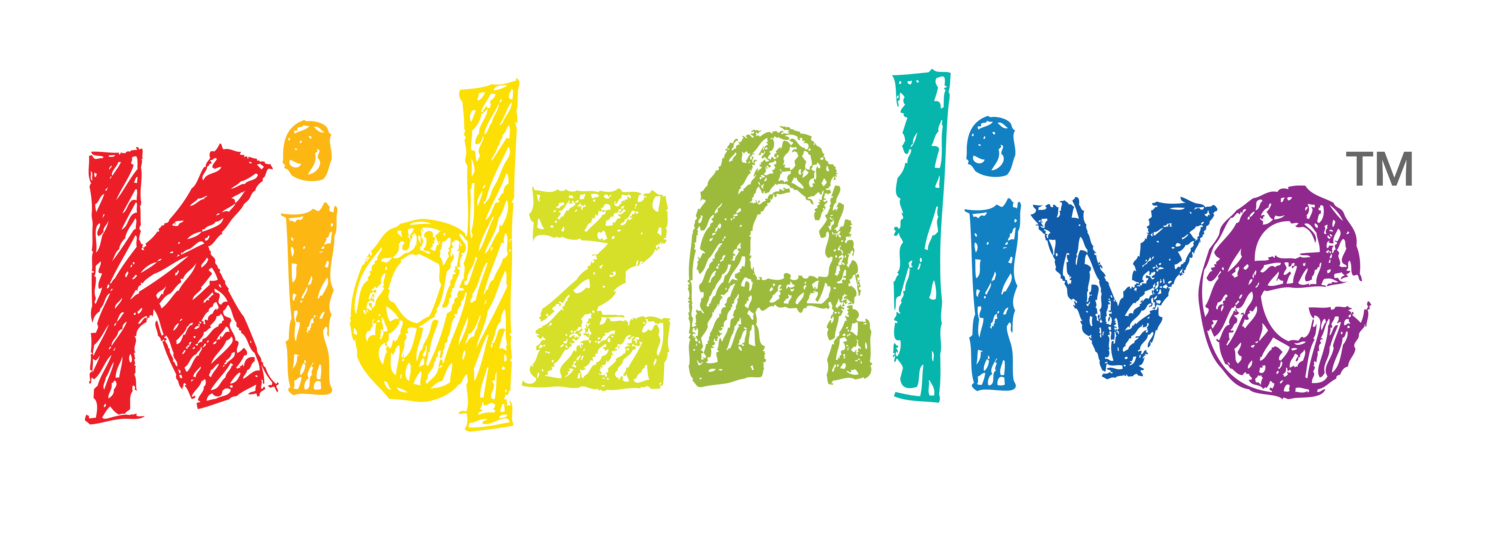“I’m an HIV-positive teenager and I want to have sex!”
STI and Condom Awareness Week 2023
Adolescents who are living with HIV face unique challenges when it comes to sexual relationships, including the need to understand and manage their own health while also protecting their partners from HIV transmission.
It's important to have open and honest conversations with HIV-positive adolescents about safe sex, STIs, condoms, and HIV transmission, especially when they decide to start having sex.
Here are some tips for talking to HIV-positive adolescents about safe sex, STIs, condoms, and HIV transmission, whether they have a HIV negative partner or an HIV positive partner:
Empower them with information: Provide accurate and up-to-date information about HIV, STIs, and the importance of safe sex. Emphasise the importance of taking their medication and managing their HIV.
Listen to their concerns: Adolescents who are HIV positive may have concerns and questions about their sexual health and relationships. Listen to their concerns and answer their questions truthfully and sensitively.
Encourage open communication: Encourage them to talk openly with their partner about their HIV status and the need for safe sex before engaging in any activity. They may need some help to disclose.
Emphasise the importance of consistent condom use: Explain to adolescents why it's important to consistently use condoms (male or female) during sexual activity to prevent the transmission of STIs, including HIV.
Provide access to resources: Offer them access to resources such as brochures, websites, and hotlines where they can get more information and ask questions.
Support their independence: Encourage adolescents to take control of their health and make informed decisions about their sexual health.
In conclusion, talking to HIV-positive adolescents about safe sex, STIs, condoms, and HIV transmission can be uncomfortable but is an important step in promoting their sexual health and well-being. By providing accurate information, resources, and support, parents and caregivers can empower adolescents to make informed decisions about their sexual health and protect themselves and their partners from HIV transmission.


